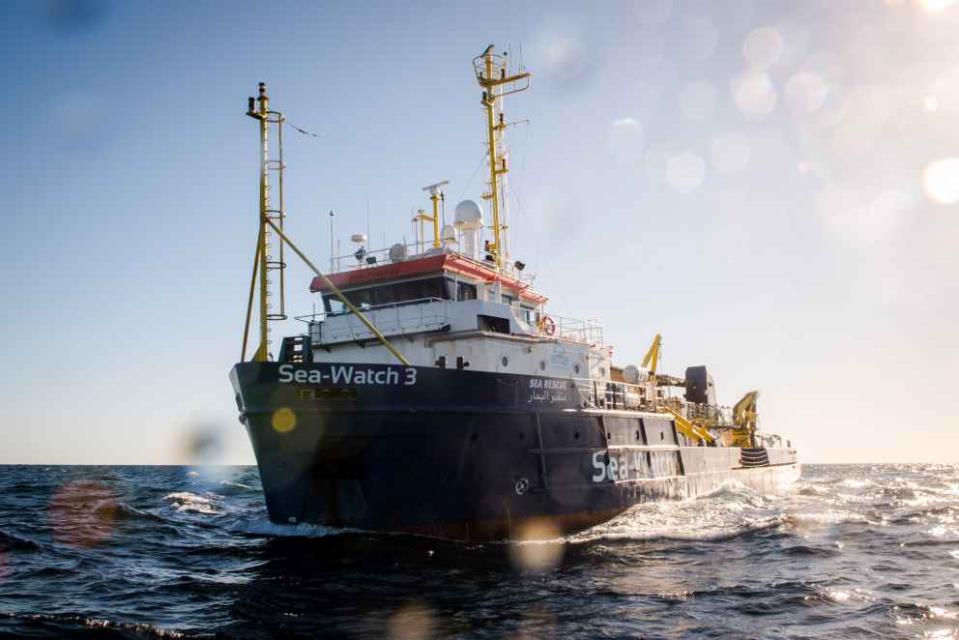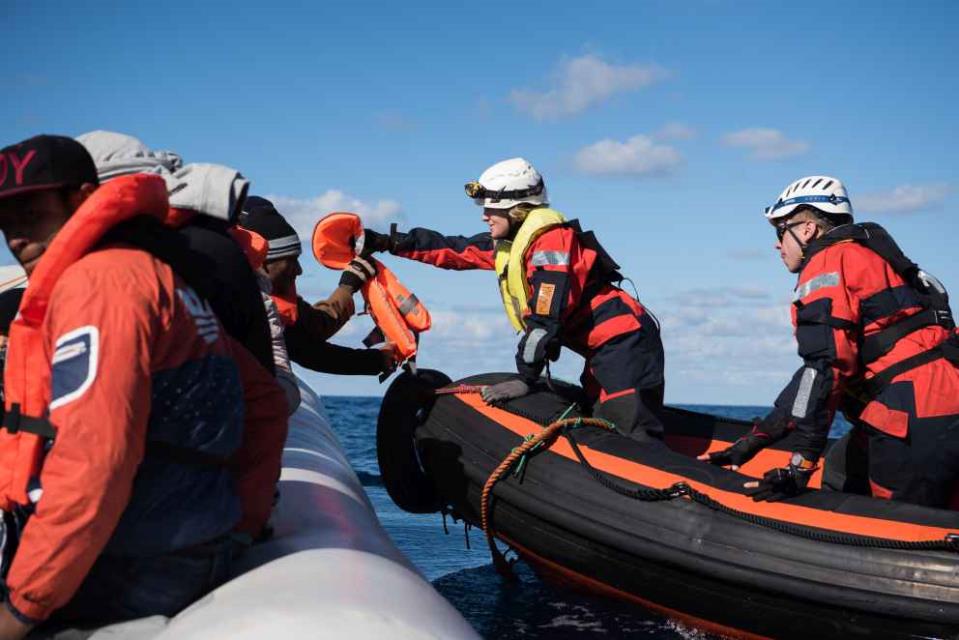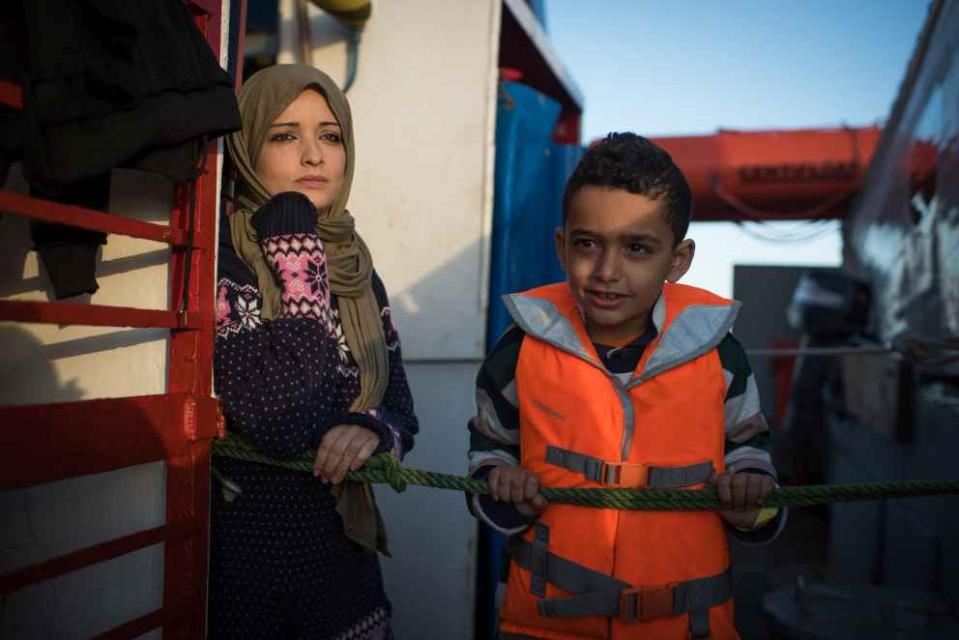The NGOs Sea-Watch and Sea-Eye have called on Malta to provide their vessels, which are carrying a combined total of 49 rescued migrants, with a port of safety before re-distributing the migrants across the European Union.
The appeal was made by both NGOs as bad weather approaches their vessels, posing a risk to the health and safety of both the vessels and the people onboard.
They said that disembarkation in Malta “upon an agreement to redistribute people within a European solution” was the “most logical option”. They noted that Malta has already allowed landings of people rescued at sea before as long as other European states agree to the relocation of the people to other countries.
The NGOs said that due to the size of the island and the fact that Malta proportionally gives shelter to more refugees than any other European country, it is understandable that such a redistribution agreement would be required. Nevertheless, they said, redistribution problems have to be solved on land and after safe disembarkation.

One such example of this is when Malta allowed the MV Lifeline to dock with 234 migrants onboard, but only after an ad-hoc agreement had been reached between Malta and seven other EU nations. These nations were Luxembourg, Italy, France, Ireland, Portugal, Belgium and the Netherlands. The captain of the Lifeline is currently facing charges in Malta’s court due to alleged irregularities with his ship’s registration.
The Sea-Watch 3 rescued 32 people in distress at sea on 22 December, and on 29 December, Sea-Eye’s Professor Albrecht Penck rescued 17 people in the Central Mediterranean. Both vessels are yet to be assigned a port of safety.

Mindful of imminent bad weather and sea conditions, both rescue vessels have sailed north in a timely manner and are now on standby to disembark all guests in a safe European port. The only thing that remains is political will and decisive action by any European authority, the NGOs said on Monday.
“For good reasons, the law of the sea clearly says that the time people rescued out of maritime distress have to spend at sea, has to be kept to a minimum,” the Head of Mission on the Sea-Eye vessel Professor Albrecht Penck Jan Ribbeck said.
“It is utterly unscrupulous that no single European state is taking this responsibility. In Germany alone, more than 30 cities have accepted to take some of the people. The fact that we are still at sea is a confession of failure for each and every EU member state, and before the German interior minister” Philipp Hahn, the Head of Mission on the Sea-Watch 3, said.

Both Sea-Watch and Sea-Eye said that they are endeavouring to promote the immediate transfer of the people to Germany so to achieve the objective of shared responsibility upon disembarkation in a close safe port.
They noted that three federal city-states including Berlin, Hamburg and Bremen, and several other cities have already agreed to accommodate the people rescued, while the Ministry of Interior has stated its availability to seek a solution within an EU approach.
UNHCR appeals for solution
UNHCR, the UN Refugee Agency, appealed to States to urgently offer safe ports and disembarkation to two NGO vessels on the Mediterranean carrying 49 rescued refugees and migrants, including young children.
32 people have been on board the Sea Watch 3 vessel since 22 December, while a further 17 were rescued by Sea Eye on 29 December.
“Time is increasingly of the essence. Rough seas are expected in the coming hours and conditions on the boats are likely to deteriorate.”
“Decisive leadership is required, in line with fundamental values of humanity and compassion, to offer safe disembarkation and bring the 49 safely to land,” said Vincent Cochetel, UNHCR Special Envoy for the Central Mediterranean. “Negotiations on which States will subsequently receive them must come only after they are safely ashore.”
More than 2,240 people have either died or gone missing at sea attempting to reach Europe via the Mediterranean in 2018, despite a significant reduction in the number of arrivals. UNHCR commends the work of NGO search and rescue vessels for their critical role towards preventing the death toll from being far higher.
In 2019, there is a critical need to end the current boat-by-boat approach, and for States to implement a regional arrangement that provides shipmasters with clarity and predictability on where to disembark refugees and migrants rescued on the Mediterranean, the agency said.